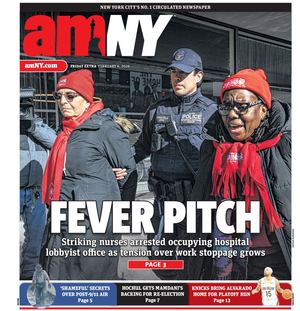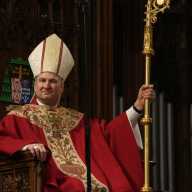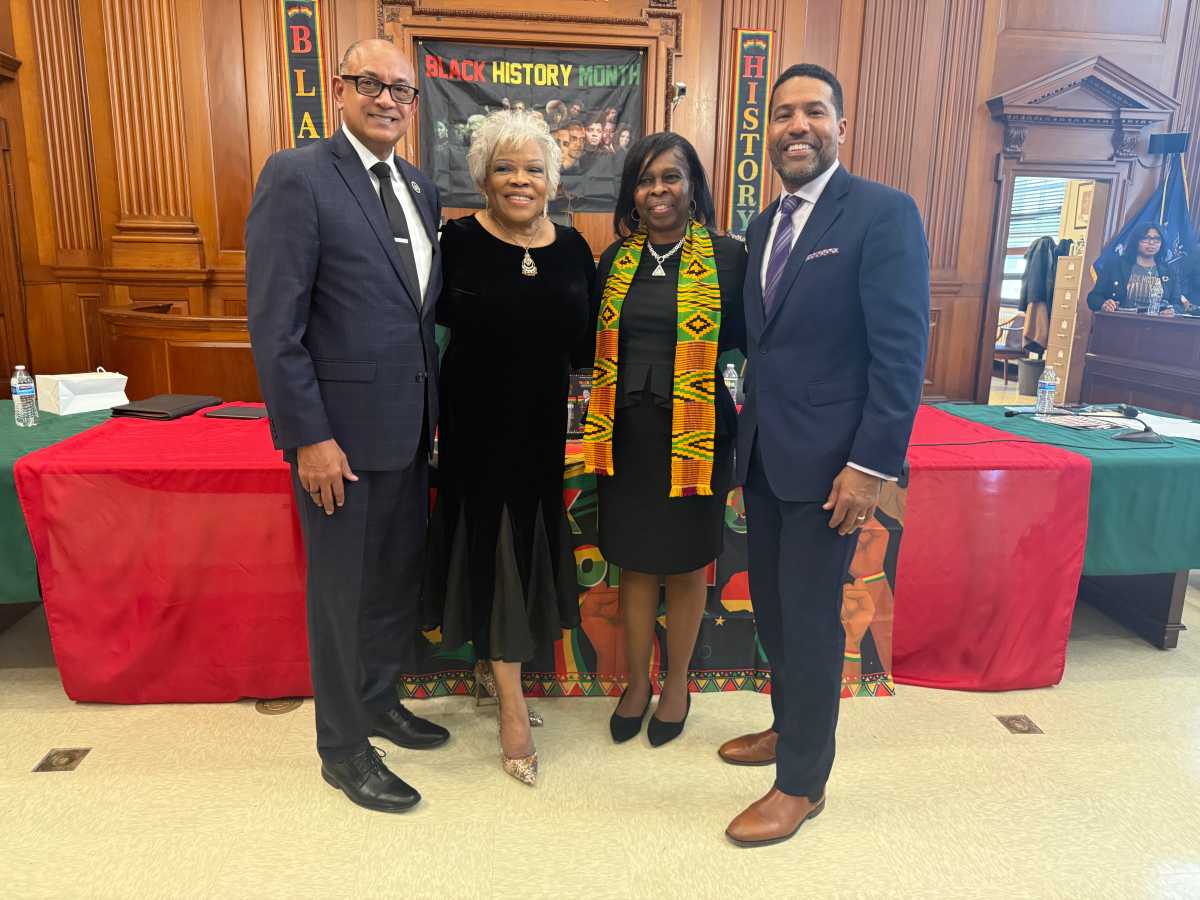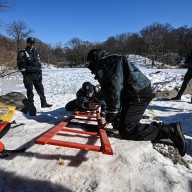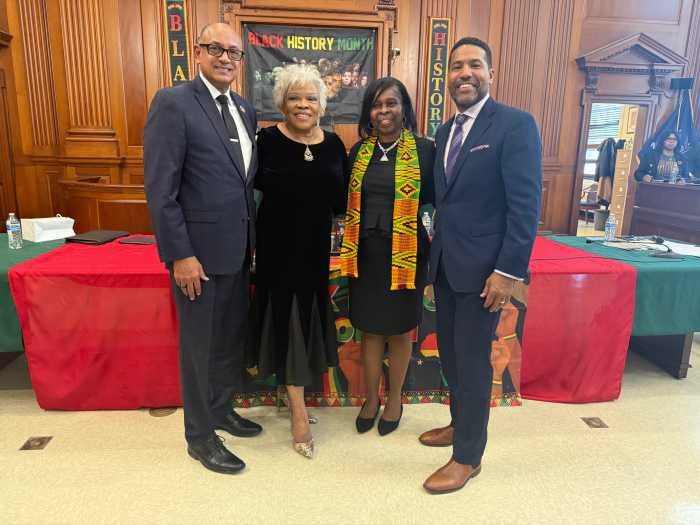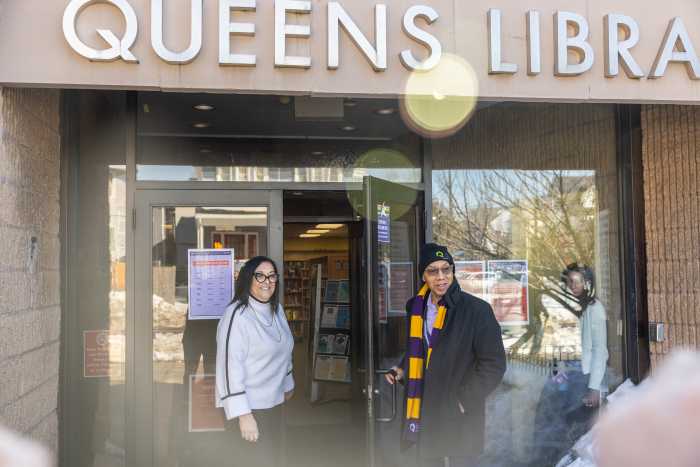There’s an entire cottage industry of movies about dysfunctional families sharing a big house over the course of a holiday, but even the most timeworn of narrative traditions is ripe for reinvention.
Writer-director Trey Edward Shults, a first-time feature filmmaker, finds a new way of telling that familiar story in “Krisha,” streamlining it to its most essential components.
Shot in Shults’ parents’ home, starring his real-life aunt Krisha Fairchild as a fictionalized version of her real self, who comes home for Thanksgiving dinner after a decadelong estrangement from the rest of her extended family. The picture is both a fascinating experiment and an admirably uncompromising portrait of the raw anguish of a reunion under these circumstances.
The movie is jarring and discordant from its first frame, a close-up on Krisha just before her return, through manic whip pans and other hyperkinetic camera movements across the home, with a score comprised in part with industrial noises, and imagery defined by the sort of volcanic anger percolating throughout the milieu.
It’s defined by chaos on a small scale, a frenzy of activity rendered from the subjective perspective of a woman who simply cannot fit in, no matter what society and her genetics would demand, and who becomes increasingly cognizant of that fact over the course of a long, difficult Thanksgiving.
There’s a harshness to “Krisha,” including shots that seem to have been lifted directly from a horror movie, but a lot of empathy, too. Fairchild’s wonderfully expressive face conveys the depth of the hurt and sadness that defines her lonely recovering drug and alcohol addict, and the movie embeds itself in the emotional turmoil that characterizes her inner life.
Krisha
Directed by Trey Edward Shults
Starring Krisha Fairchild, Olivia Grace Applegate, Bryan Casserly
Rated R
Playing at Landmark Sunshine Cinema
